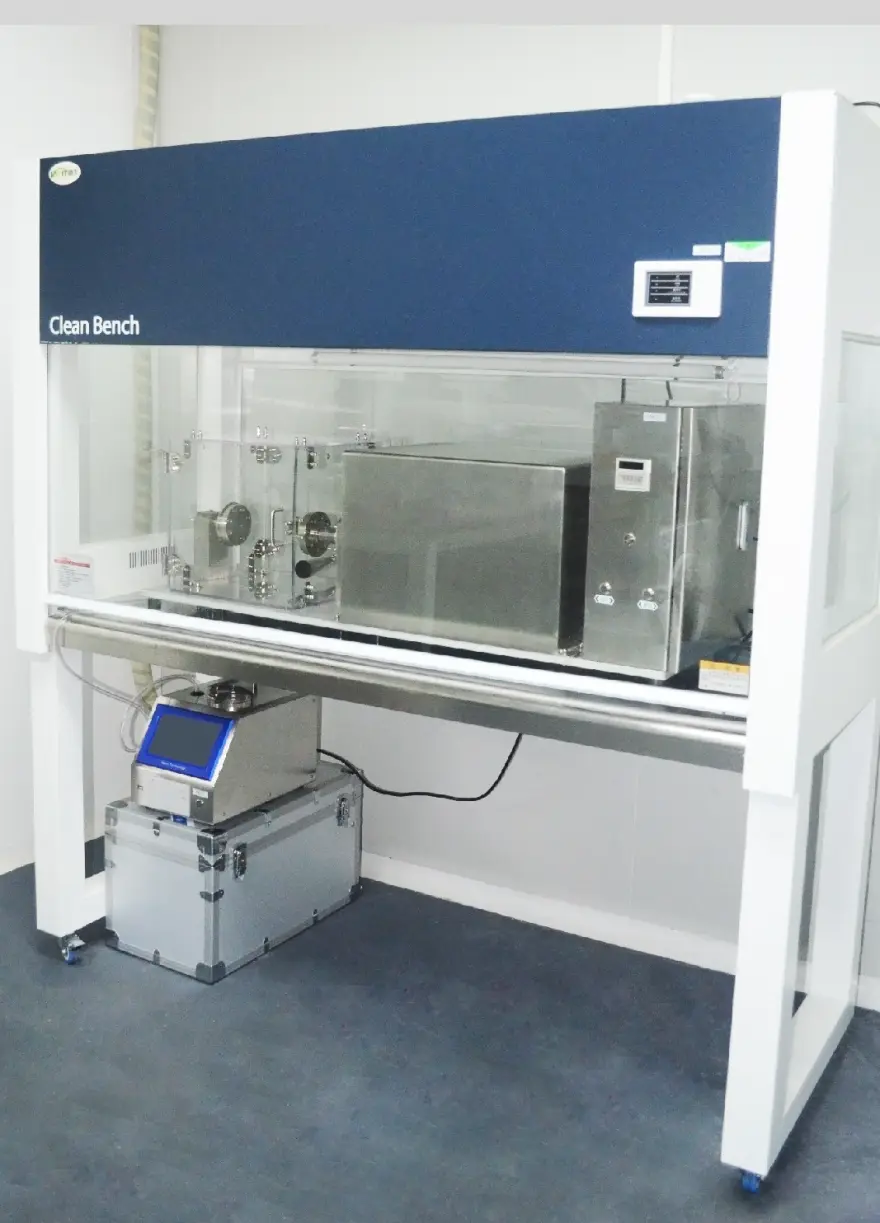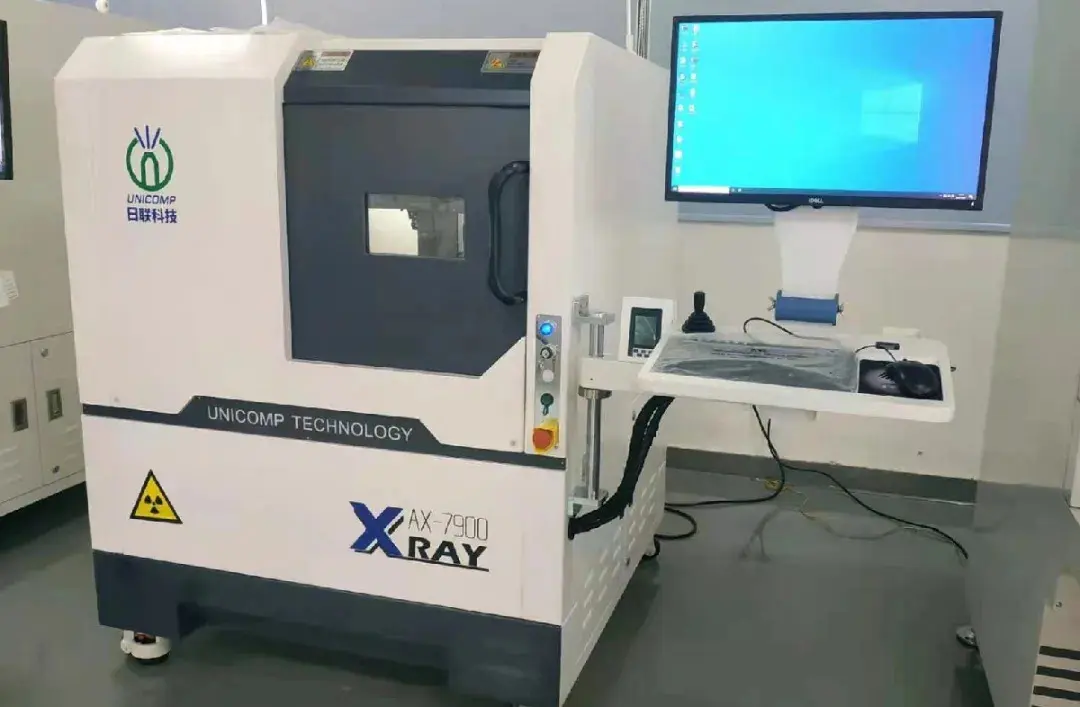
How much does CPC certification cost?
The English name for the CPC certificate is Children’s Product Certificate, applicable to products for children under 12 years old, such as toys, cradles, baby carriers, children's clothing, etc. If manufactured in the United States, the manufacturer is responsible for providing the certificate; if produced in other countries, the importer must provide it. CPC refers to a self-declaration document that includes product information, testing standards, and tested items.
On the U.S. Amazon platform, all children's toys and products must have a Children’s Product Certificate (CPC). When listing child-related product categories, such as toys and baby products, on Amazon's U.S. platform, sellers are required to submit a CPC certificate; otherwise, the products cannot be sold. Although referred to as a "certificate," CPC is not issued by any official agency, nor does it require filing with relevant authorities. It is essentially a "guarantee" drafted and fully undertaken by the manufacturer/importer, declaring that the product complies with all applicable U.S. children's product safety regulations and other laws.
To list certain product categories (e.g., toys and baby products) on platforms like Amazon, sellers must upload a CPC certificate. Products without this certificate cannot be sold online.
Currently, children’s toys and baby products exported to the U.S. require both CPC Certification and a CPSIA report for customs clearance. E-commerce platforms like Amazon, eBay, and AliExpress also require Chinese-made children’s products to have CPC certification.
Common Standards of CPSC:
1. CPSIA: Total lead and phthalates;
2. ASTM F963: U.S. Toy Safety Standard;
3. 16 CFR Part 1505: Electrical toys safety standard;
4. 16 CFR Part 1510: Rattle safety requirements;
5. 16 CFR Part 1511: Pacifier safety standard;
6. 16 CFR Part 1610: Flammability standards for children’s clothing and carpets;
7. Other standards for infant products: Strollers, cribs, playpens, carriers, car seats, bicycle helmets, etc.
Recommended Testing Items by Product:
1. Toys:
- CPSIA: Total lead + phthalates;
- ASTM F963: Toy safety standard;
- 16 CFR Part 1501: Small parts (covered by ASTM F963);
- 16 CFR Part 1510: Rattle safety requirements (for rattles, covered by ASTM F963);
- 16 CFR Part 1505: Electrical toy safety standard (for electrical toys).
2. Children’s Clothing:
- CPSIA: Total lead + phthalates;
- 16 CFR Part 1501: Small parts;
- 16 CFR Part 1610: Flammability for textile clothing;
- 16 CFR Part 1615: Flammability for children’s sleepwear (sizes 0-6X);
- 16 CFR Part 1616: Flammability for children’s sleepwear (sizes 7-14X).
3. Pacifiers:
- CPSIA: Total lead + phthalates;
- 16 CFR Part 1501: Small parts.
The costs mainly include fees for physical and mechanical testing, as well as chemical testing, which are calculated based on the materials of the product. For products with multiple materials, additional costs apply.
CPC Application Process:
1. Sample evaluation and contract signing by China’s JJR Laboratory;
2. Arrange sample submission;
3. Laboratory testing of samples;
4. Report preparation;
5. Issue of CPC certificate upon passing the test.
Cost and Processing Costs and Time:
- Cost: $480–$600 per CPC certificate, depending on material complexity; additional costs for more material types.
- Time: 5–7 business days, with expedited processing available.
Email:hello@jjrlab.com
Write your message here and send it to us
 Packaging Validation ISO 11607 Test Report
Packaging Validation ISO 11607 Test Report
 What is the ISO 11607-1 Packaging Validation Test?
What is the ISO 11607-1 Packaging Validation Test?
 How to get an ISO 11737-1 Test Report?
How to get an ISO 11737-1 Test Report?
 Orthopedic Implant Cleanliness Testing
Orthopedic Implant Cleanliness Testing
 What is ISO 10993-23:2021 Irritation Testing?
What is ISO 10993-23:2021 Irritation Testing?
 ISO 10993-23 Irritation Testing Laboratory
ISO 10993-23 Irritation Testing Laboratory
 EMI Emissions Testing
EMI Emissions Testing
 EMC Standards for Medical Devices
EMC Standards for Medical Devices
Leave us a message
24-hour online customer service at any time to respond, so that you worry!




